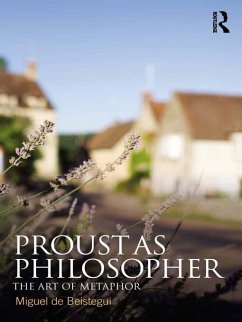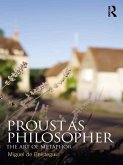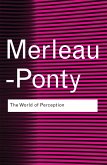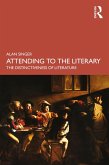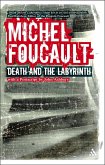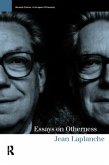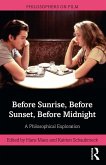Miguel de Beistegui begins with an observation: throughout In Search of Lost Time, the two main characters seem prone to chronic dissatisfaction in matters of love, friendship and even art. Reality always falls short of expectation. At the same time, the narrator experiences unexpected bouts of intense elation, the cause and meaning of which remain elusive. Beistegui argues we should understand these experiences as acts of artistic creation, and that this is why Proust himself wrote that true life is the life of art.
He goes on to explore the nature of these joyful and pleasurable experiences and the transformation required of art, and particularly literature, if it is to incorporate them. He concludes that Proust revolutionises the idea of metaphor, extending beyond the confines of language to understand the nature of lived, bodily experience.
Dieser Download kann aus rechtlichen Gründen nur mit Rechnungsadresse in A, B, BG, CY, CZ, D, DK, EW, E, FIN, F, GR, HR, H, IRL, I, LT, L, LR, M, NL, PL, P, R, S, SLO, SK ausgeliefert werden.
"Miguel de Beistegui is the rarest kind of philosophical reader: one who follows Proust where he goes, rather than leading him to foreordained theoretical conclusions, one who learns about life from Proust, rather than translating him into terms already known. This book deserves a place among the very small number of works on Proust that are serious about the depth and richness of Proust's thought. And the beautiful translation of Beistegui's account of Proust's style and vocabulary will enrich any English language reader's sense of Proust's language." - William Flesch, Brandeis University, USA
"Miguel de Beistegui's thought-provoking exploration of memory, imagination, metaphor, and that elusive quest for joy in the recherché masterfully illuminates the genius of Proust's fusion of philosophy and literature into a cathedral of words that transcends both without leaving either behind. Not only a welcome contribution to areas often neglected in Proust scholarship; it is also a challenging engagement with Proust's exploration of the human condition." - Nicolas de Warren, University of Leuven, Belgium

